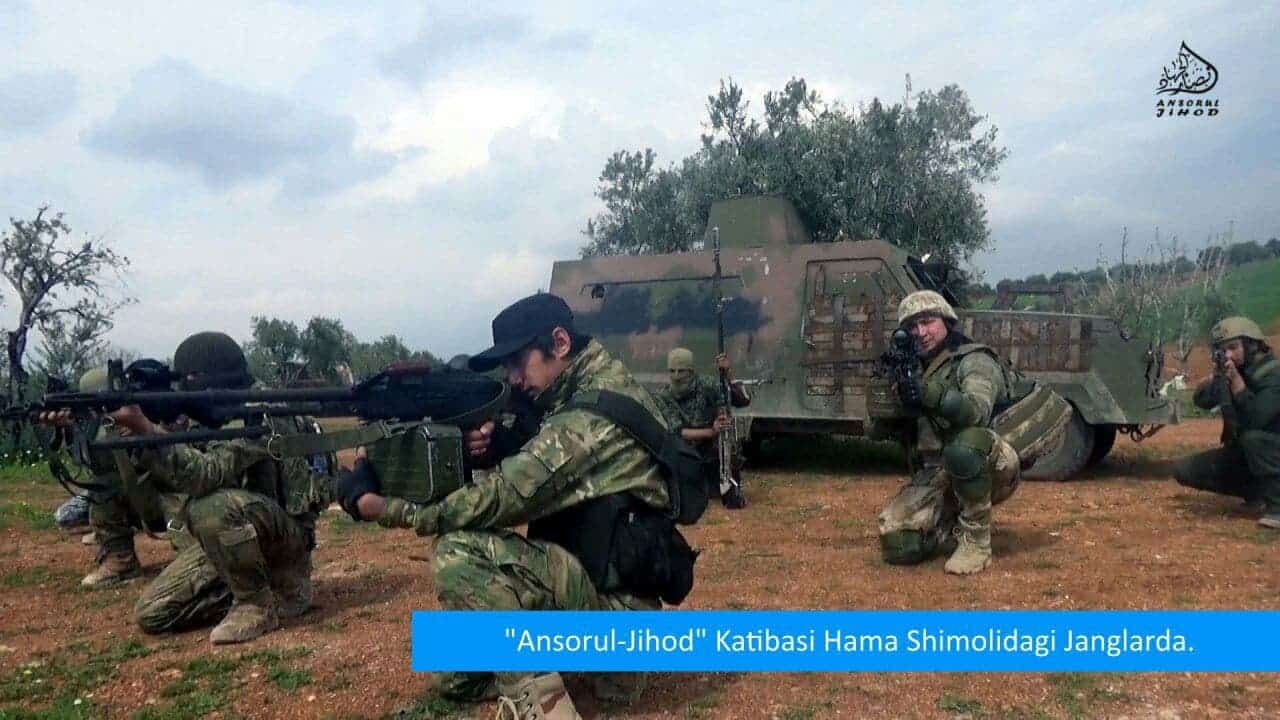
UN: Islamic Jihad Union operates in Syria
In the UNSC’s new report on the Islamic State, al Qaeda, and affiliated groups, the UN states that the Uzbek jihadist group, the Islamic Jihad Union, operates in Syria. This was not previously known.

In the UNSC’s new report on the Islamic State, al Qaeda, and affiliated groups, the UN states that the Uzbek jihadist group, the Islamic Jihad Union, operates in Syria. This was not previously known.
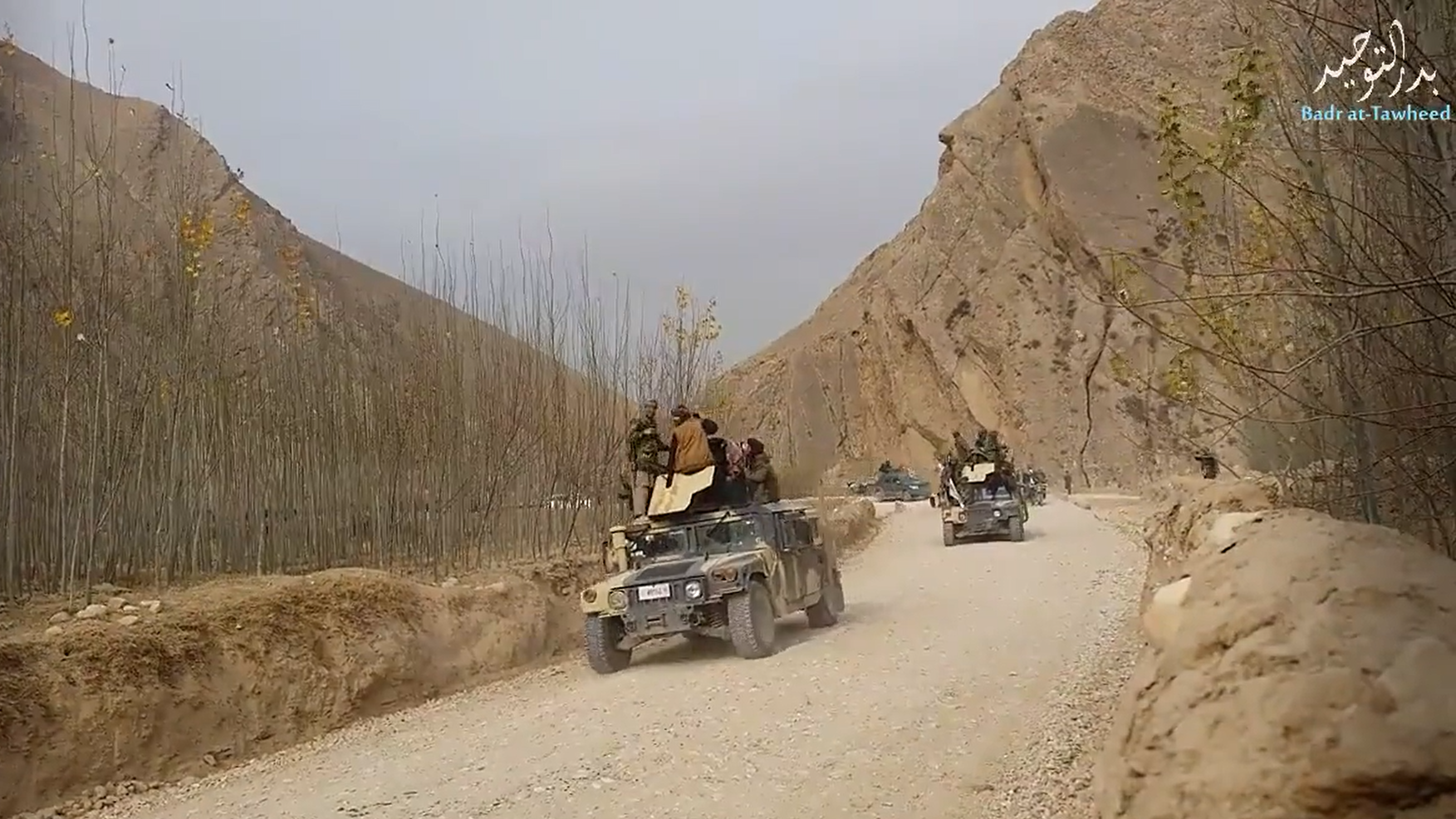
The IJU is the second foreign jihadist group to highlight joint battlefield operations with the Afghan Taliban in recent weeks.
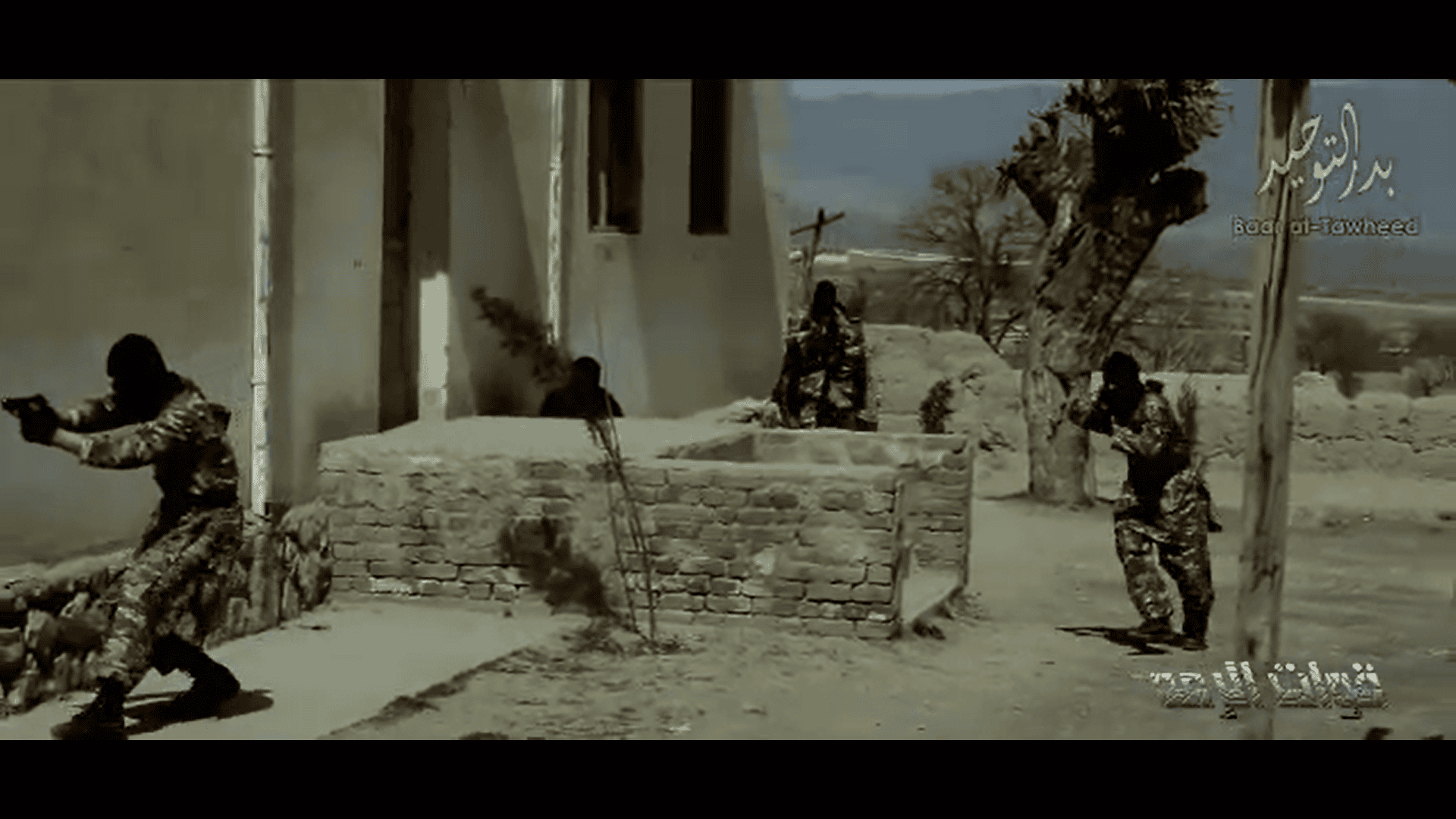
The IJU joins a list of jihadist groups that have publicized its training camps inside Afghanistan, including the Taliban, the Turkistan Islamic Party, and the Imam Bukhari Jamaat.
training camp joins similar training camps in Afghanistan advertised by the Taliban, the Turkistan Islamic Party, Imam Bukhari Jamaat, Harakat-ul-Mujahideen and others.
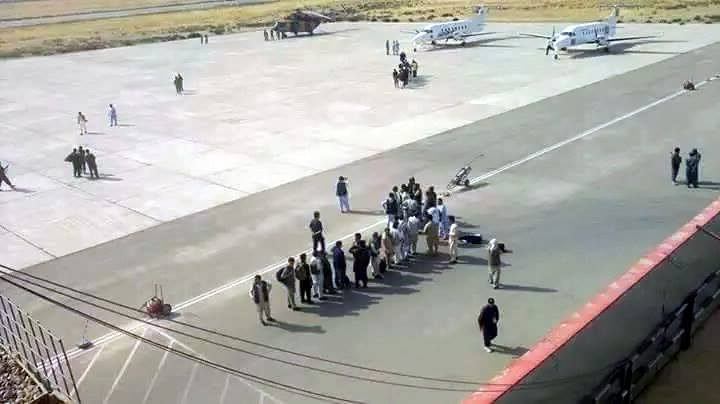
The Islamic Jihad Union’s supporters have released dozens of images from the city of Kunduz. The photos document the group’s participation in the siege of the city. In the months leading up to the invasion, the IJU and its allies captured territory in the surrounding areas.
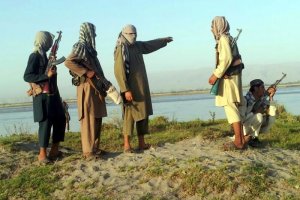
The IJU claims it is “controlling many territories bordering Tajikistan,” and released photographs purporting to show a small unit crossing into northern Afghanistan.

The al Qaeda and Taliban-linked jihadist group has operated under the radar of Western officials in Afghanistan, but continues to wage jihad alongside its allies.
U.S. Tells Suspect for First Time It Used NSA Surveillance in a Criminal Case
The IJU continues to operate in eastern Afghanistan. The group said that fighters from Russia, Kazakhstan, and Uzbekistan as well as Pashtuns participated in attacks on US bases, and that the fighters have deployed a mine designed to down a US Apache.
Several Turks affiliated with the IJU have been killed while waging jihad in Afghanistan, and others have been arrested in foiled plots to carry out attacks against European and US targets in Europe.
The al Qaeda-linked group claimed its fighters “help the Taliban in northern Afghanistan and provide them with military consultation” and are deployed in the Afghan provinces of Paktia, Paktika, Khost, Ghazni, Kandahar, Helmand, Nuristan, Badakhshan, Kunduz, and Balkh.

In early 2014, as Muslim civilians were being massacred in Central African Republic as part of a cycle of violence between Muslim and Christian militias, al-Qaeda went on a full-court press in an attempt to foster any jihadist movement to take up arms in the country. These attempts, however, largely fell on deaf ears. As such, this offers a unique glimpse into when, and potentially how, jihadist mobilization attempts fail.
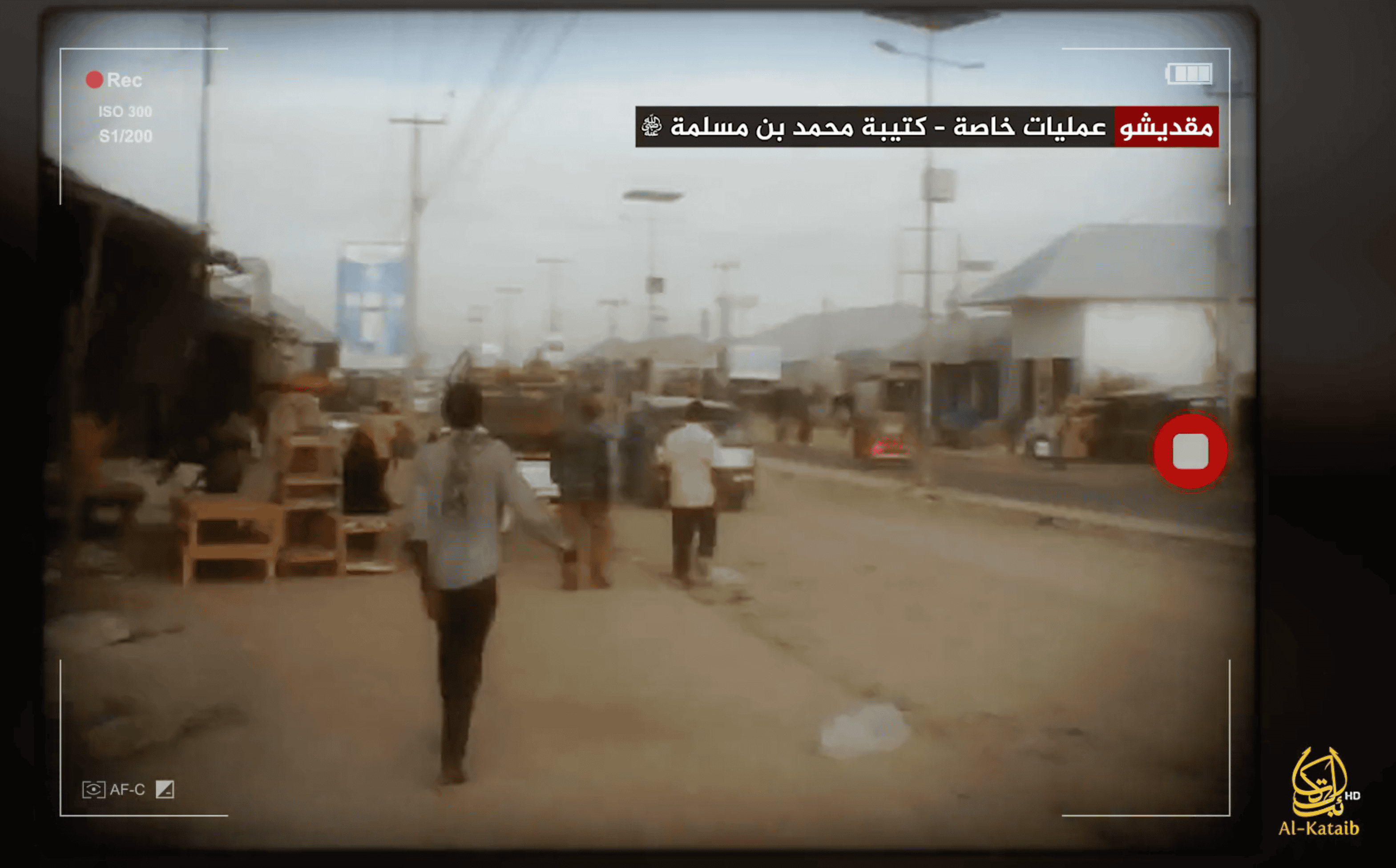
Shabaab again highlights operations from its urban assassination unit in Mogadishu. In doing so, it places these killings in the context of the wider global jihad.
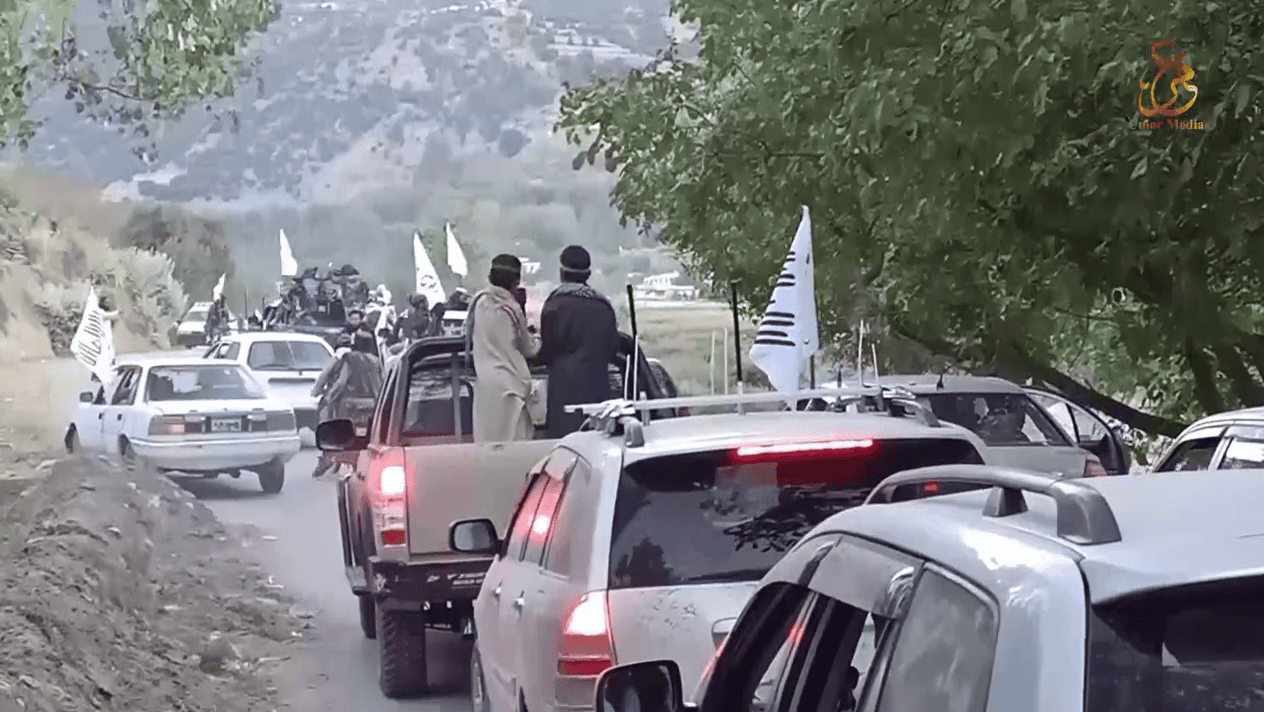
TTP emir Noor Wali Mehsud said that his group “is a branch of the Islamic Emirate of Afghanistan” while traveling throughout Pakistan’s northern areas.
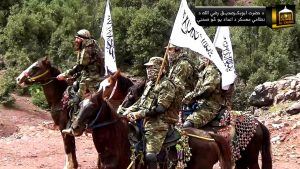
The Taliban has the advantage in all of the key areas, save one. The Taliban has state sponsors, terrorist allies, regional support, a marked superiority in weapons and numbers, and controls all of Afghanistan. ISKP can only match the Taliban in one area, and this the will to fight and persevere.
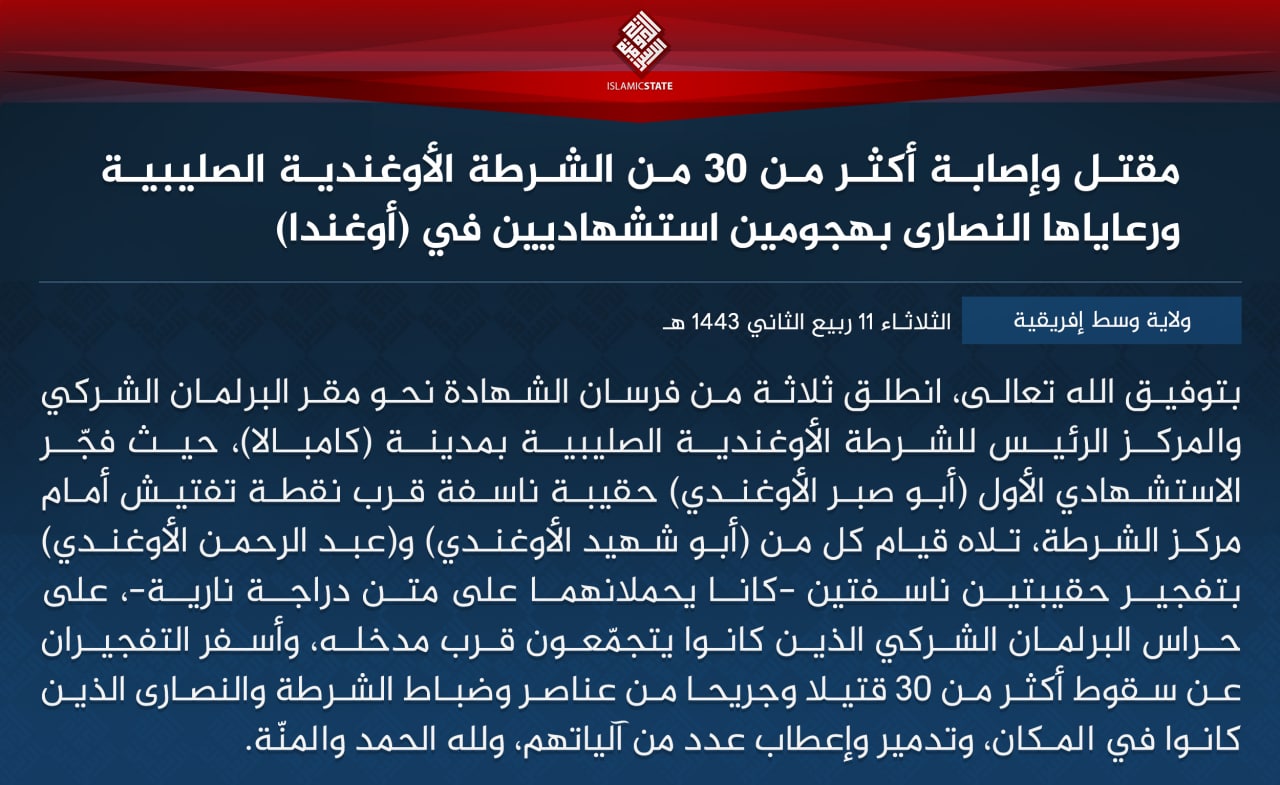
The Islamic State has claimed a series of bombings, including suicide bombings, inside Uganda over the past month. This represents a significant shift in the overall threat from the Islamic State’s wing based in the DRC.
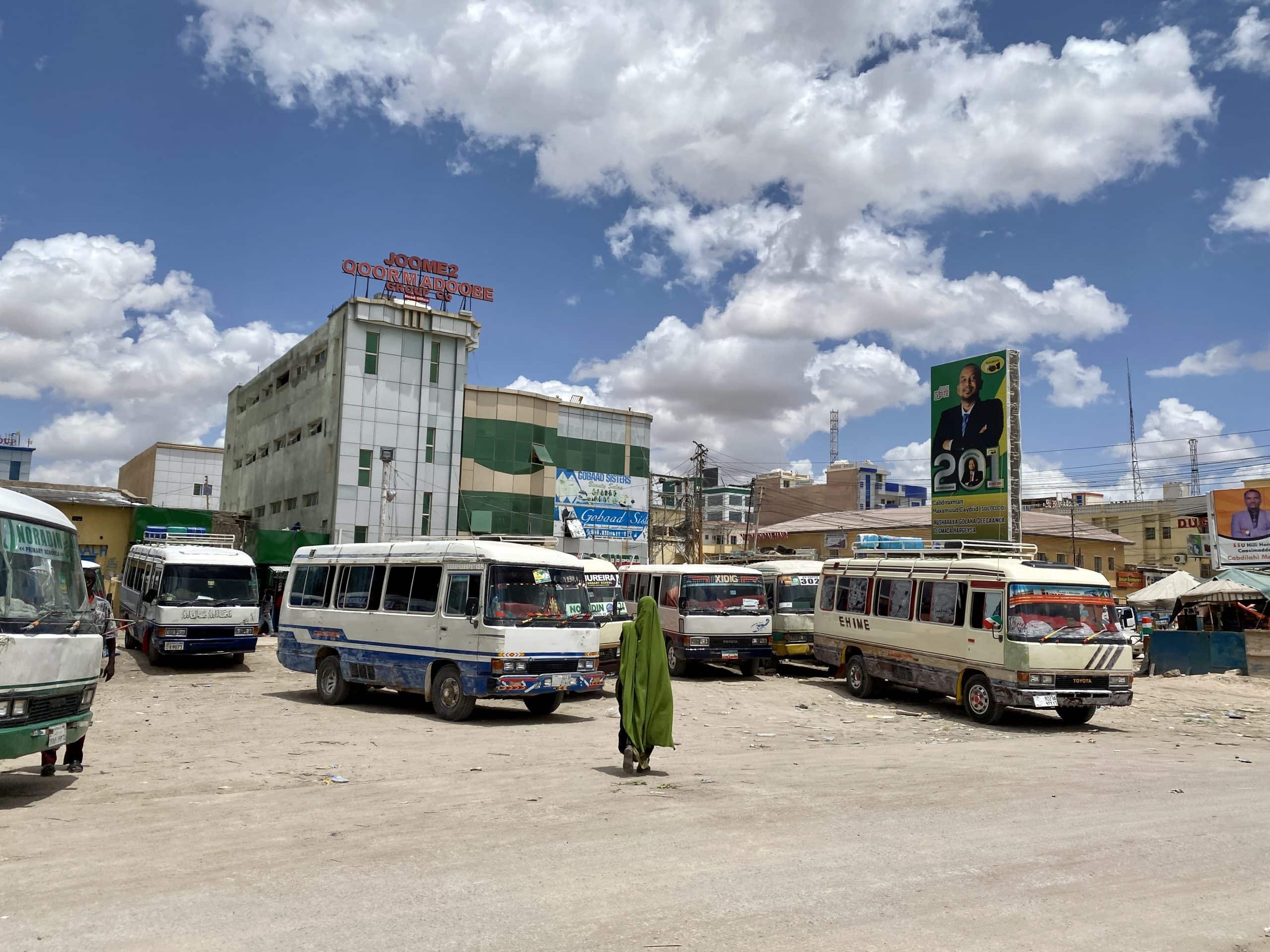
Terrorists haven’t launched major attacks in Somaliland in more than a decade. However, this does not mean it doesn’t face any real threats from Shabaab or the Islamic State.

The Taliban continues to promote its training camps that pump out jihadist fighters who indiscriminately attack Afghan civilians, soldiers and police.
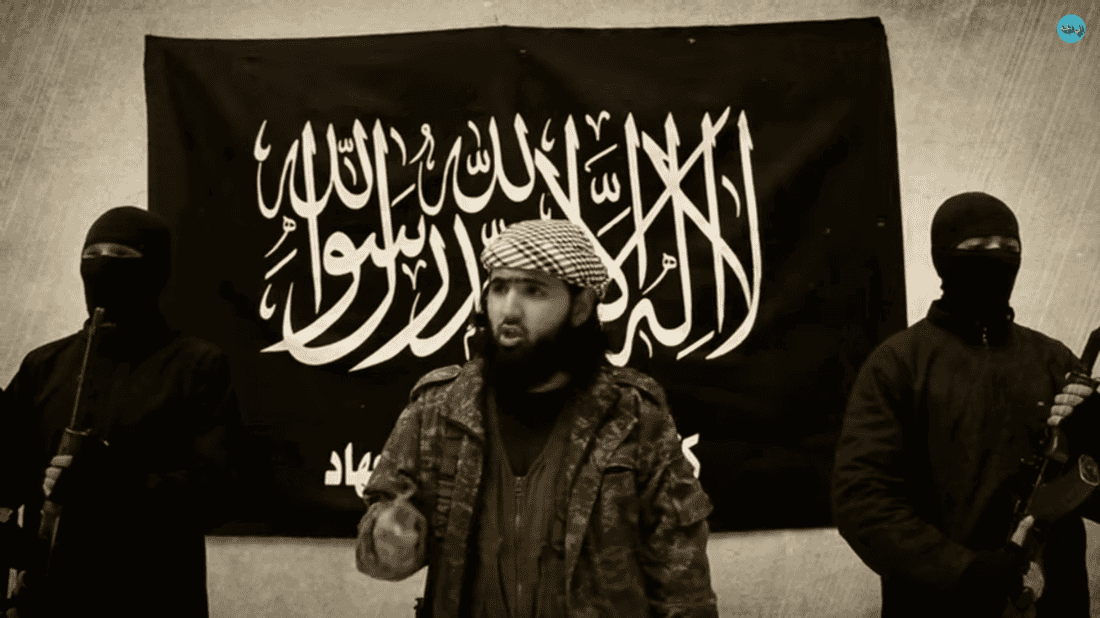
Jabhat Ansar al Din has confirmed that Abu Saloh al Uzbeki, the former leader of HTS’ Katibat al Tawhid wal Jihad, has indeed been arrested by his former group.

Abu Saloh, the founder and first emir of Katibat al Tawhid wal Jihad, was arrested by HTS yesterday after the jihadist reportedly failed to pay his debts.
EPISODE 162 — Something went boom in Isfahan Is anything more on-brand than seismic geopolitical events co-occurring with Bill’s family vacation? No. Bill is back and leaning on co-host Joe Truzman to help him piece together the events of last week. He doesn’t want it to be “a what-the-hell-happened episode,” so we won’t call it […]

Abu Yusuf al Muhajir, the emir of Katibat Imam al Bukhari’s Syrian wing, sends a letter of congratulations to the Taliban for its ‘victory’ in Afghanistan.
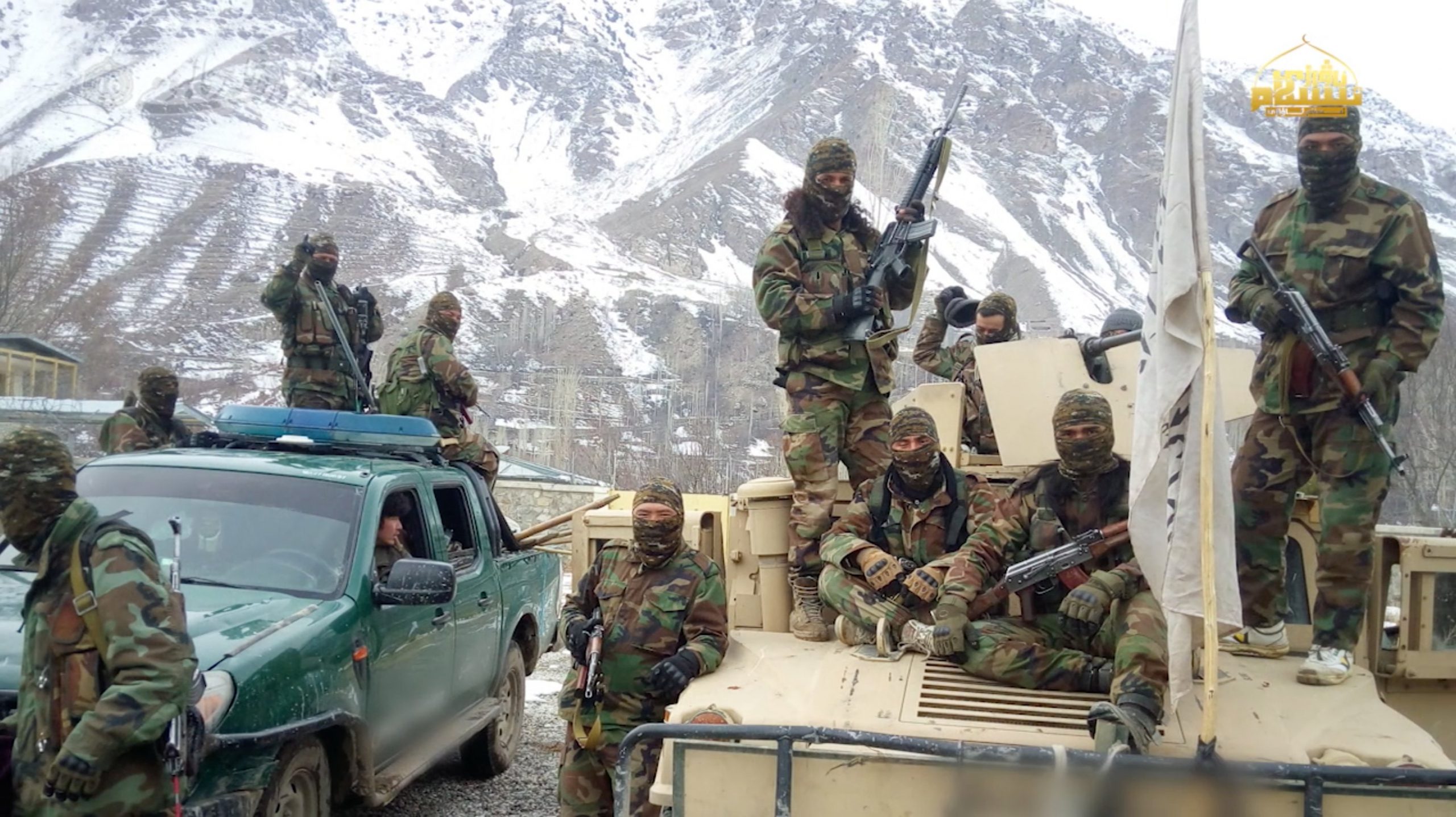
The video shows TIP’s men with captured Afghan military equipment, as well as recruits undergoing training.
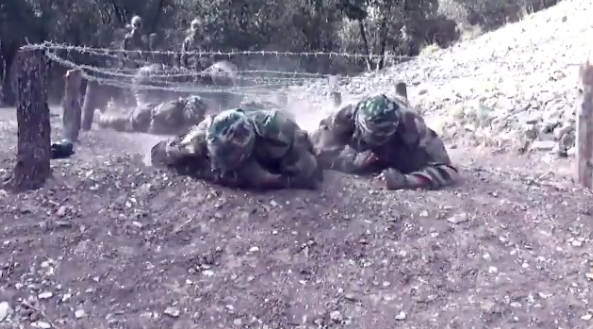
The Taliban continues to churn out propaganda that promotes jihad and the training of its fighters even as it is simultaneously negotiating an agreement with the United States that will lead to the withdrawal of US forces.
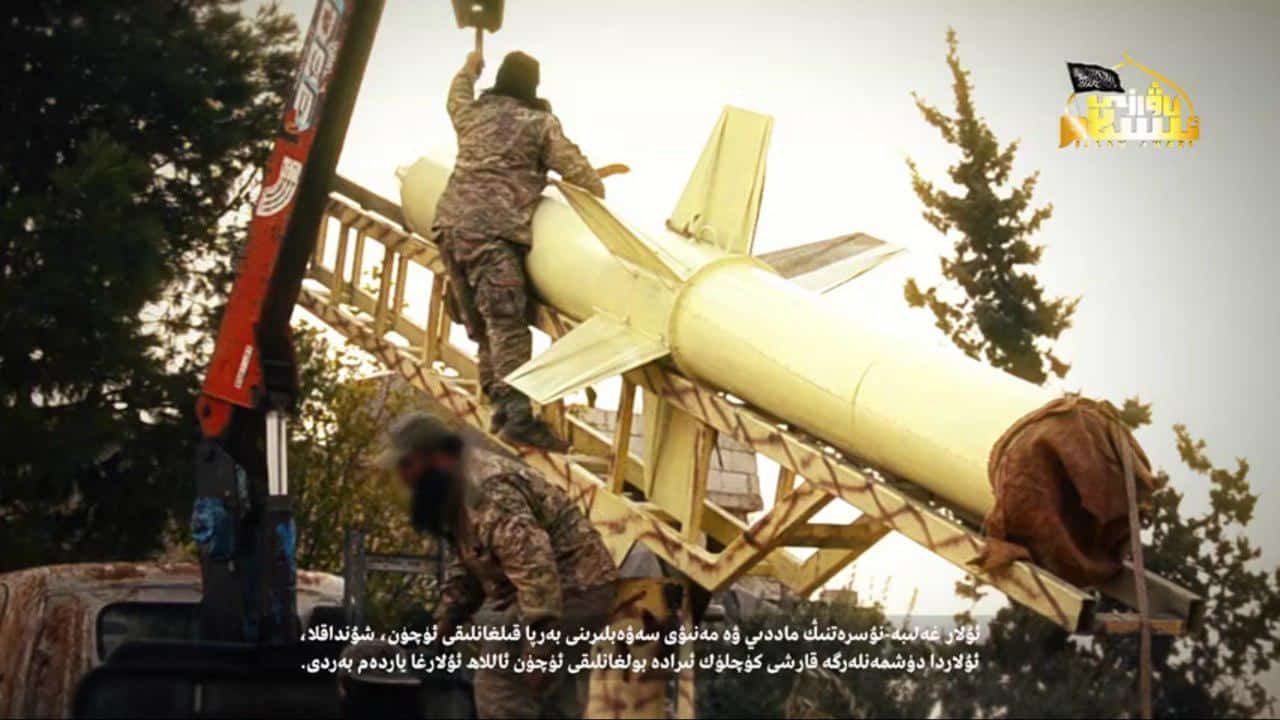
The Turkistan Islamic Party, “Incite the Believers” operations room and Hay’at Tahrir al-Sham are all battling Bashar al-Assad’s loyalists in Latakia, Syria.
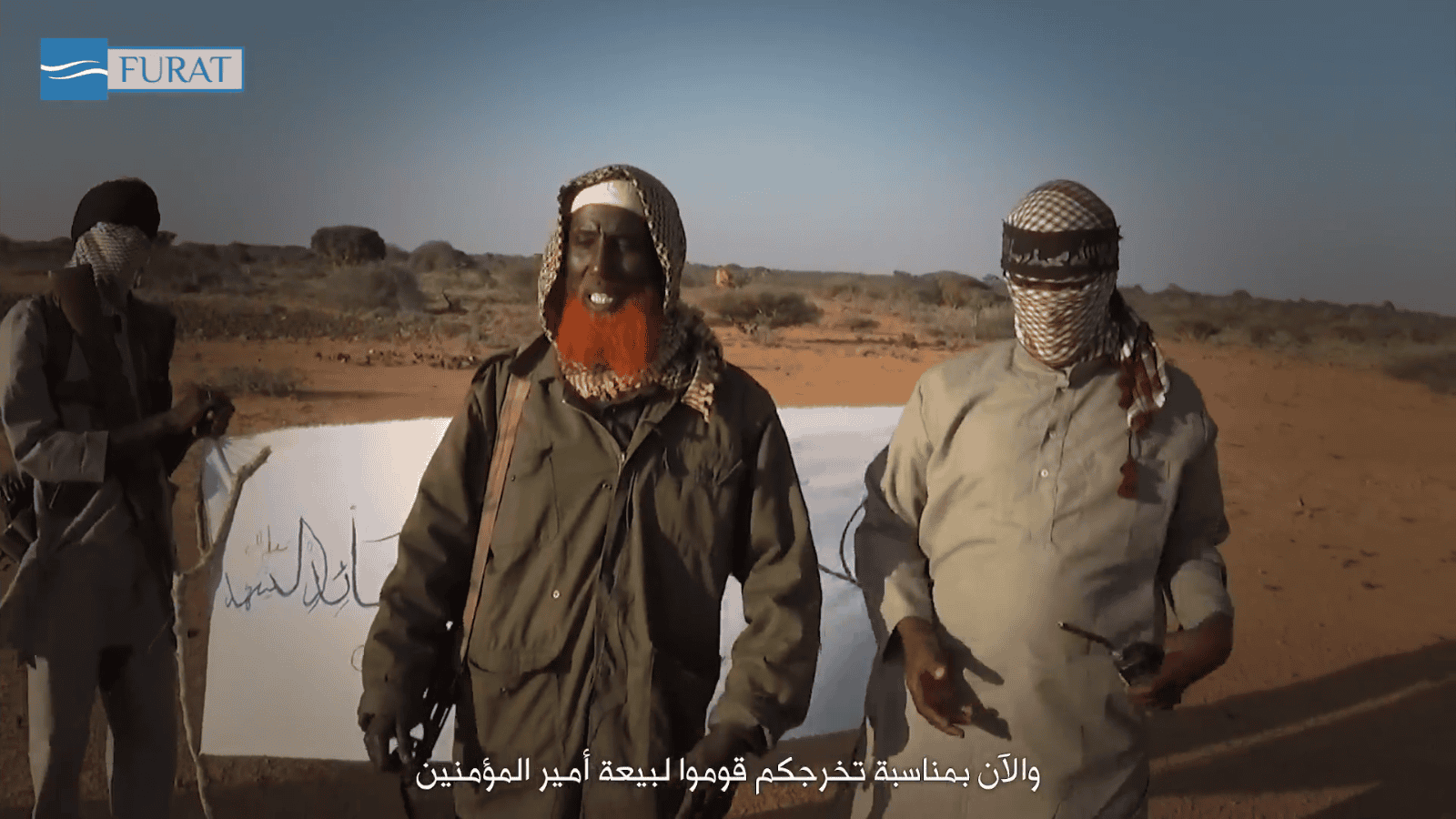
The Islamic State’s loyalists claimed more operations in Somalia in 2018 than in 2016 and 2017 combined. The group has also expanded its operations to include tactics normally associated with its larger rival, Shabaab.
A Taliban video eulogy for Jalaluddin Haqqani includes praise from three jihadists based in the UK and Syria: Hani al-Sibai, Dr. Abdullah al-Muhaysini and Sheikh Muslih al-Ulyani. Sibai is a well-known, pro-al Qaeda ideologue living in the UK. Muhaysini is a US-designated terrorist. Both Muhaysini and Ulyani operate in Syria.
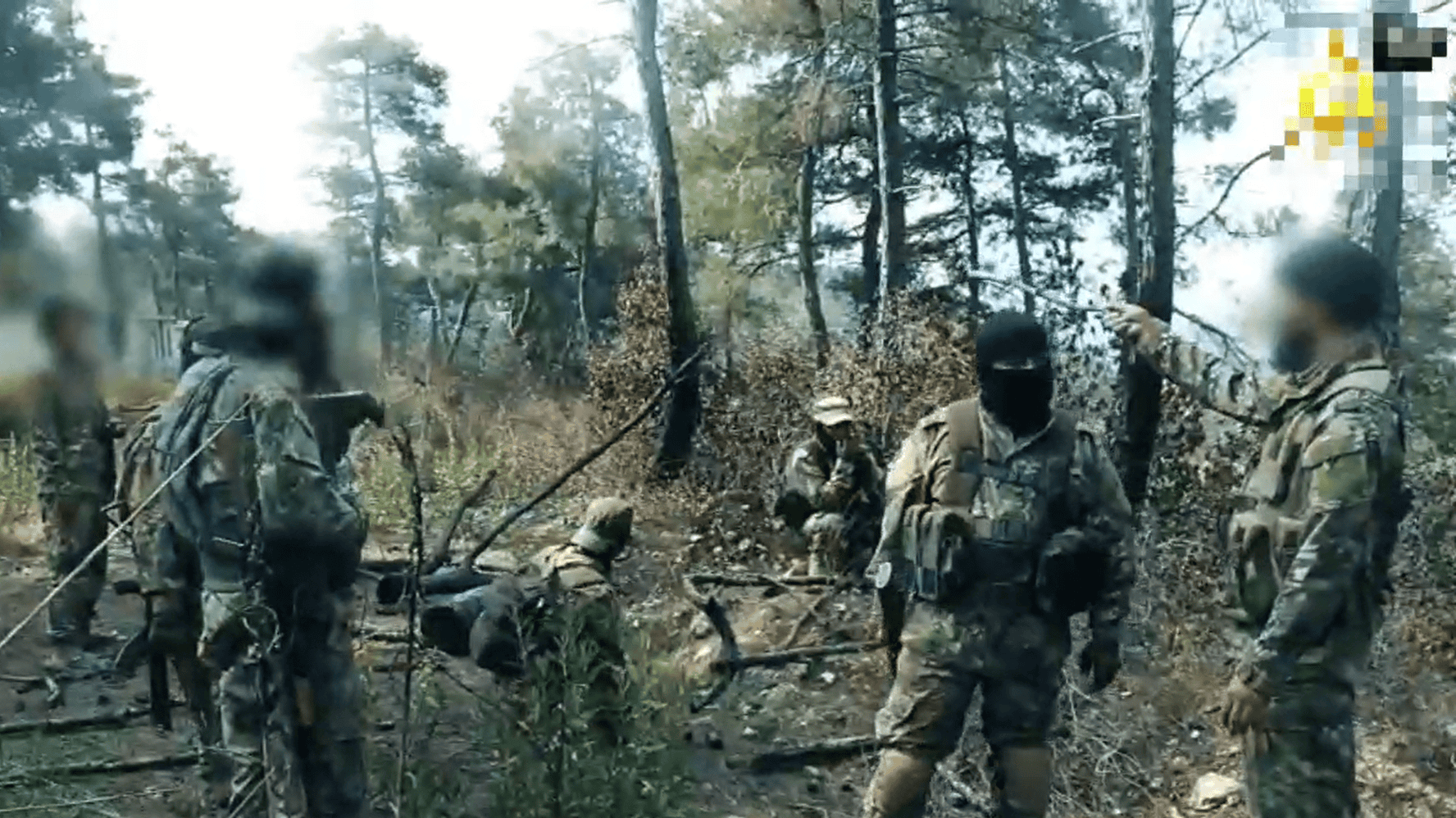
Katibat Ghuraba al Turkistan, a smaller predominately Uighur jihadist group in northwestern Syria, recently trained with the elite Malhama Tactical thereby not only raising its credentials, but also its battlefield prowess.

Since early September, the US has issued terrorist designations for Islamic State moneymen operating around the globe, from the Caribbean to East Africa. The designations highlight the diverse sources the so-called caliphate uses to fund its insurgency and terrorist operations.
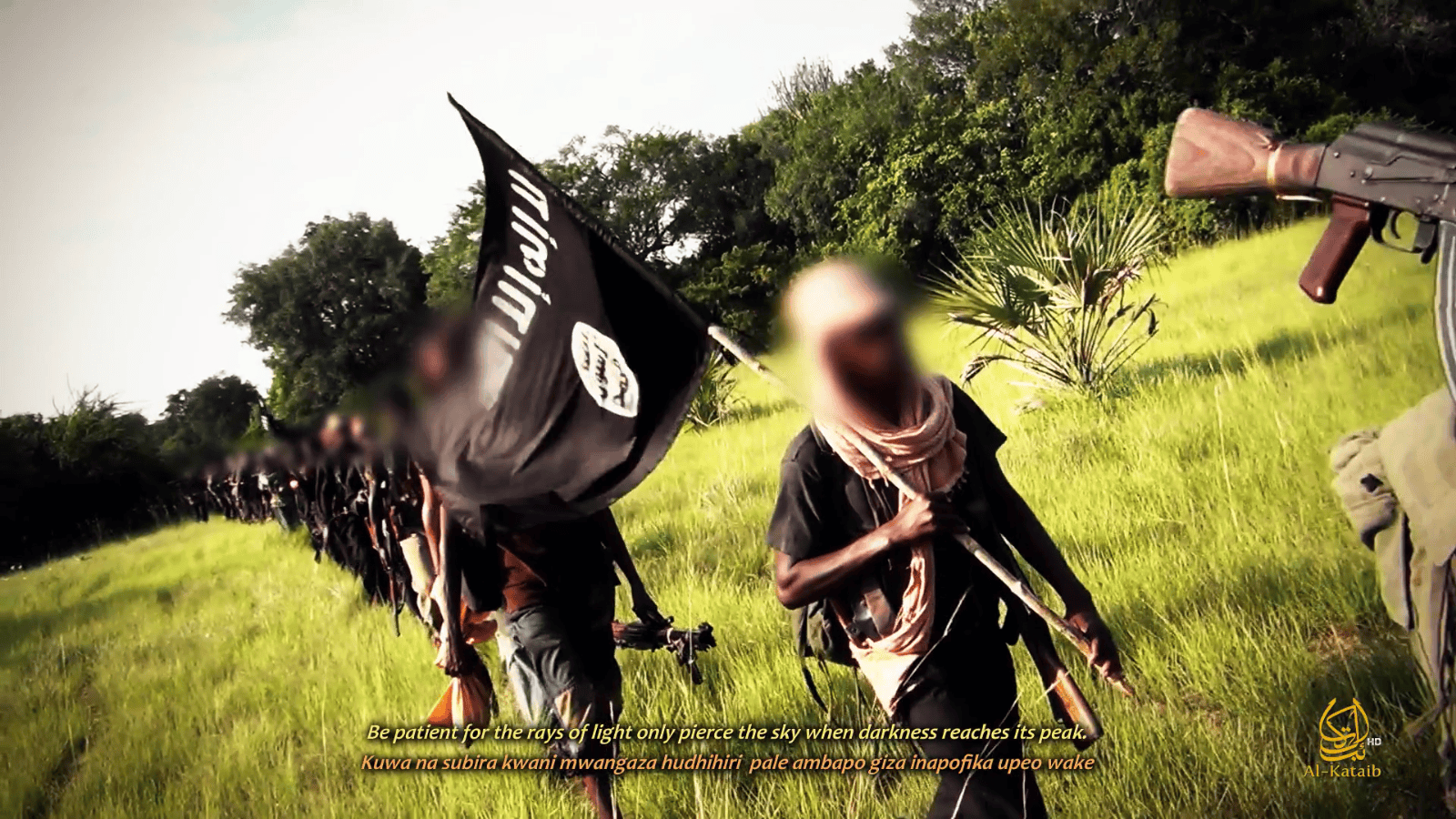
Shabaab has managed to launch 418 attacks of different types during the six-month timeframe in support of its persistent and ongoing insurgency against Somalia’s weak central government and allied African Union forces.

The Islamic State’s West African province has gone on a recent spate of assaults on military bases in northeastern Nigeria.